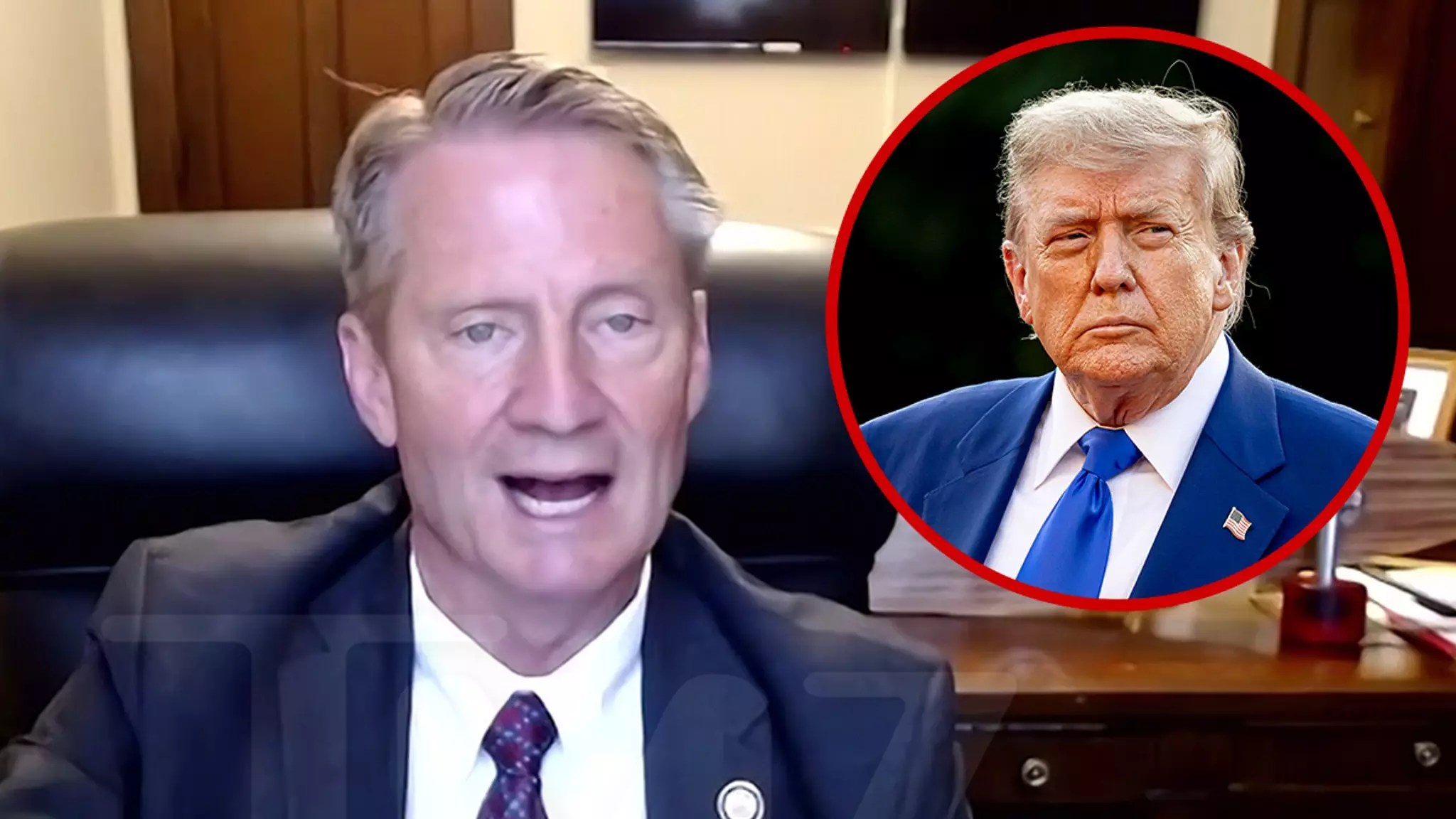The controversy surrounding Jeffrey Epstein’s infamous case continues to cast a shadow over American political discourse. Many seek clarity, justice, and accountability, yet powerful figures seem hesitant to fully disclose the details. A significant voice in this ongoing debate is Congressman Tim Burchett, who advocates for a balanced approach—favoring transparency but mindful of victim protection. His proposal for a special prosecutor to navigate these murky waters underscores the complexity of confronting such a sensitive subject. The core question is: how do we ensure justice without retraumatizing victims or distorting public perception? Burchett’s stance signals a recognition that the truth may be buried under layers of legal and political interests, demanding an entity capable of cutting through the noise with objectivity and discretion.
The political reluctance and public outrage
Public pressure to release Epstein’s files has mounted, especially as citizens and advocates demand answers about the extent of complicity among powerful elites. Yet, political leaders like President Trump have been notably cagey—raising suspicions about what might be hidden. The reluctance seems rooted in fears of damaging reputations or exposing corrupt networks that implicate influential individuals. This reluctance fuels growing frustration among the public and some conservatives, who see withholding the files as a thwarting of justice. Trump’s previous promises and symbolic gestures—such as campaigns with Epstein-related binders—add fuel to these suspicions, making transparency a political hot potato. Still, some argue that piecemeal disclosures could cause more harm than good, emphasizing the necessity for a carefully curated release—if it must happen at all.
The nuanced role of a special prosecutor
Burchett’s suggestion for a special prosecutor is more than a political maneuver; it’s an appeal for a dedicated, unbiased authority to handle the case. Such a figure could dissect the complex interactions and untangle the truth without the taint of political biases or media sensationalism. This professional could establish a line between what needs to be public and what should remain confidential, especially to shield victims from further trauma. Critics might argue that adding another layer of bureaucracy could slow things down, but the alternative—leaving these sensitive files in limbo—risks eroding public trust and allowing misinformation to flourish.
The moral dilemma of information and justice
At its core, the Epstein case forces society to confront the delicate balance between transparency and morality. While innocent victims deserve justice, the sharing of sensitive files without context might jeopardize ongoing investigations or unfairly tarnish individuals who are not proven guilty. Yet, veiling the details breeds conspiracy theories, suspicion, and public distrust in institutions meant to serve justice. Burchett’s perspective reveals an understanding that full exposure isn’t always the answer, but ongoing progress and genuine efforts toward transparency are imperative. The real challenge lies in navigating these challenging waters—finding a compromise that satisfies the thirst for truth without causing further harm.
Power, politics, and public perception
Amid these complexities, political power plays a prominent role. President Trump’s rhetoric, which oscillates between calls for transparency and dismissals of conspiracy theories, exemplifies the difficulty leaders face when handling such controversial topics. The pressure from loyal supporters, who demand the files’ release, clashes with political considerations that prioritize shielding powerful allies. Burchett dismisses concerns over potential fallout—emphasizing that moral obligation far outweighs political convenience. His stance raises a poignant question: can true justice prevail when political interests threaten to overshadow legal and ethical responsibilities? As the Epstein saga unfolds, the world watches whether justice will triumph over political expediency or be forever obscured behind closed doors.


Leave a Reply